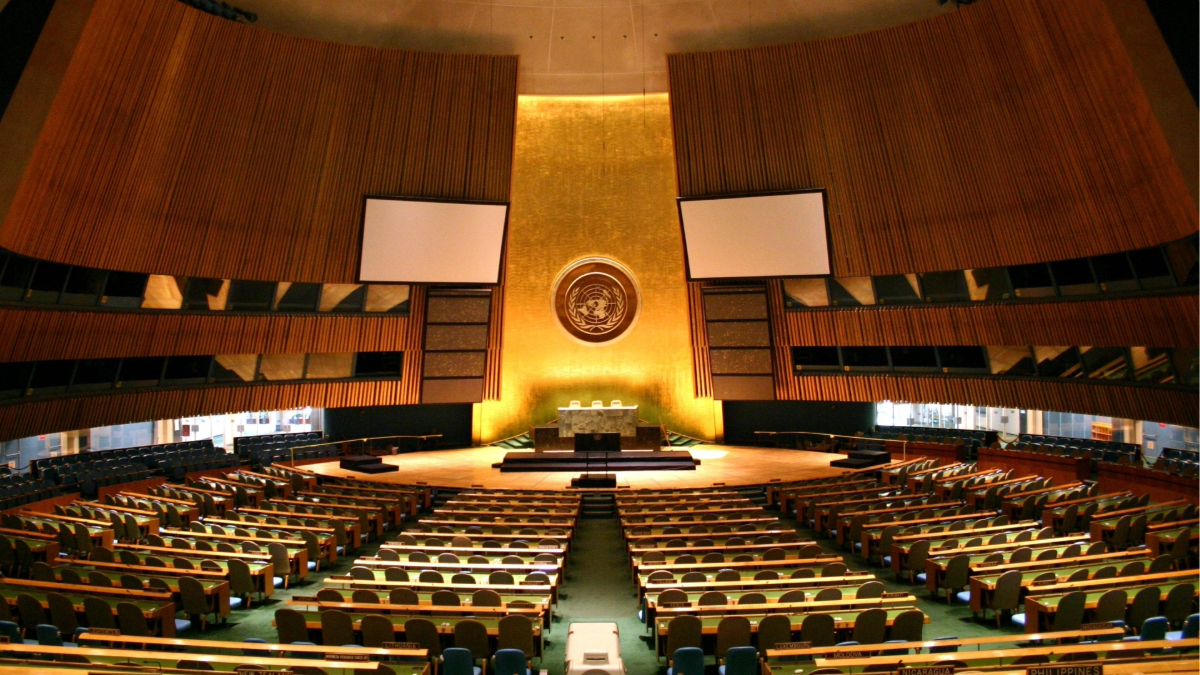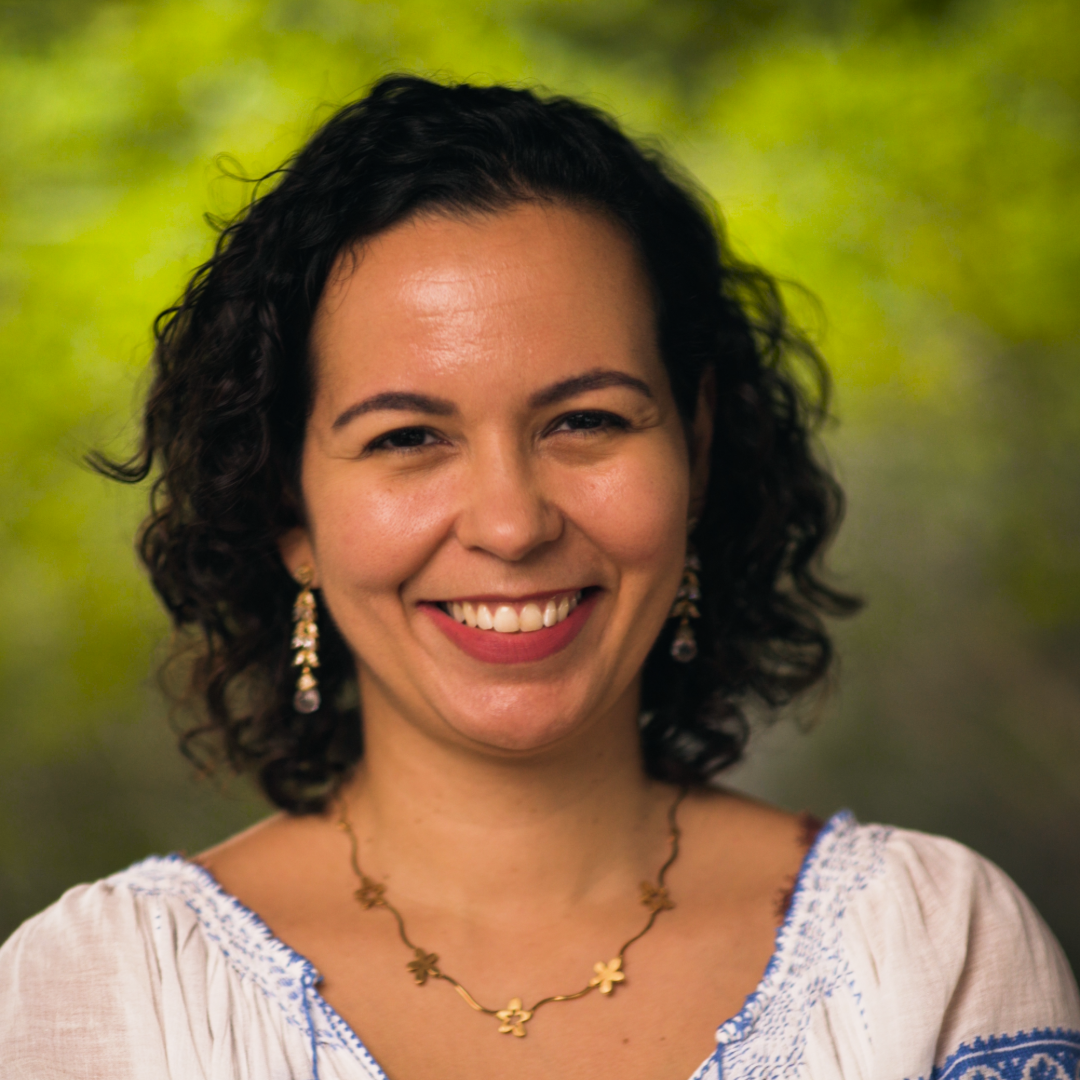Five Brazilian Principles for the Integrity of the Information Ecosystem
Nina Santos / Sep 11, 2024
United Nations General Assembly hall. Patrick Gruban/Flickr. CC by 2.0
The United Nations recently released a document called "Global Principles for Information Integrity." It is yet another step toward attempting to define what "information integrity" might be, how it can contribute to democracies, and what we must do to achieve it.
First, one must recognize a remarkable advancement: the document repeatedly refers to the "integrity of the information ecosystem," moving beyond a very singular and content-focused view that was present in previous documents. Furthermore, the document published by the UN Secretary-General establishes five principles for information integrity: social trust and resilience; healthy incentives; public empowerment; independent, free, and plural media; and transparency and research.
As I have emphasized for some time, one of the primary issues behind the debate on information integrity is the extent to which it is still concentrated on conceptions from the Global North. Although these principles are quite generic, making them adaptable to almost any reality, I have made an effort to reflect on them specifically as a Brazilian, trying to add a slightly different perspective to the debate. It is not about opposing the UN principles, which seem to me to be interesting and important, but rather thinking about them through a specific prism.
So, let's consider the principle of "healthy incentives." With this, the UN document refers to the business model of platforms, which is based on targeted advertising and ultimately builds part of its profits on the dissemination of misinformation and hate speech. It makes perfect sense to combat this incentive structure. However, it seems to me that for Brazil—and for the Global South in general—it would make much more sense to establish digital sovereignty as a principle. It is true that fighting against the current model of platforms and promoting healthy incentives is a crucial and perhaps additional element to the issue of sovereignty, but it appears to be part of a larger problem. The fact is that today countries like Brazil have their sovereignty systematically disrespected regarding their ability to define the rules that apply in the public digital debate. The recent episode where the Brazilian Supreme Court was forced to block access to X in Brazil after that platform’s repeated refusal to comply with court orders make this need very clear.
When the UN document speaks about the principle of "promoting independent, free, and plural media," it argues that this is the foundation of a democratic society and informed decision-making by citizens. Very well, there is no way to disagree. However, in today's Brazilian reality, would we be able to characterize what meets this principle? What we see is that the Brazilian information ecosystem—and that of other countries—is largely populated by content producers who often have commitment only to their own point of view, often—but not always—drifting into the dissemination of misinformation. Depending on the point of view, these media outlets could be characterized as independent, free, and perhaps even plural—since they market themselves as those exposing viewpoints excluded from mainstream media. However, that is certainly not what we want to promote to strengthen the integrity of the information ecosystem. In this context, it seems to me that it would make much more sense to discuss journalism as a principle. Not journalism restricted to professionals and large newsrooms, but rather journalism as a practice, idea, and ethics capable of including the alternative, the community-based, and the peripheral.
The UN also proposes "social trust and resilience" as principles based on the trust people have in information sources and their ability to resist manipulations. It is an interesting view, but it requires us to see the problems of today’s digital environment as an external threat inflicted upon us—by platforms, foreign actors, or simply malicious people. Thus, this would be resolved if people were well-informed and had the ability to discern. I consider the problem to be larger and more complex because it is embedded in our society; it does not come from outside. The platforms, the underlying geopolitical disputes—including propaganda and foreign interference strategies—are part of our current society. The problem is that the conditions of the current information ecosystem make the construction of a common space increasingly difficult. It encourages not only the formation of diverse opinions—which is very healthy—but also the formation of worldviews detached from reality. What we need is to rebuild a common social space, a shared understanding of what is happening in the world. Without that, increasing trust in sources and resilience to interference may only heighten the fragmentation we already experience.
"Public empowerment" is another one of the proposed principles, in the sense that people should have control over their digital experiences and access to information. It is indeed necessary, but it does not make any sense to consider this without acknowledging the enormous inequalities we have in our society today– social, racial, and gender inequalities, among many others. The significant measure that we need to promote public empowerment is the reduction of inequalities.
Finally, the UN advocates for "transparency and research" as fundamental pillars of the integrity of the information ecosystem. And indeed, they are. But there is enormous global inequality in access to data and the possibility of conducting research on the digital environment. Today, we live in the absurd reality where Brazilian researchers—and those from other Global South countries—must undergo validation processes from US universities to gain access to data from some platforms. This is simply unacceptable. The UN document does acknowledge that there are imbalances that "often restrict public interest research and can hamper efforts to ensure equity and to meet the needs of underserved and under-researched contexts and communities." Therefore, what we need is equal access to data and equitable conditions to conduct research.
So, I propose here five principles that could inspire Brazil, and perhaps the Global South, to consider the path to the integrity of the information ecosystem: digital sovereignty; defense of journalism; reconstruction of the common; struggle against inequalities; and equal access to data and the conditions for conducting research. Only then do I believe we have a chance to truly build a democratic communications environment that not only allows for informed individual decision-making but also transforms the structures that promote inequality.
Authors
